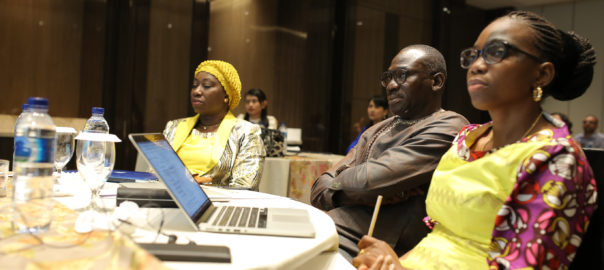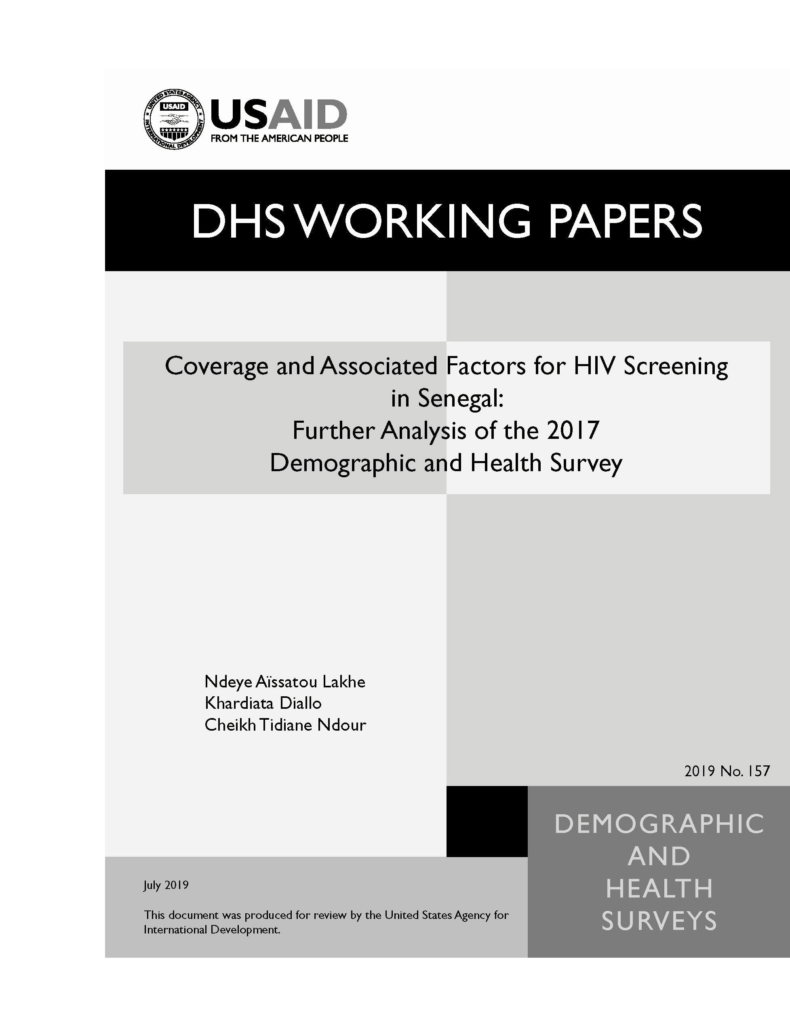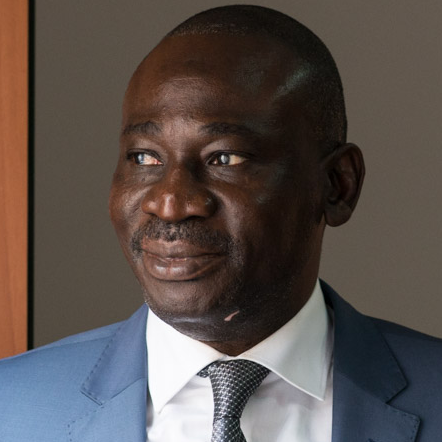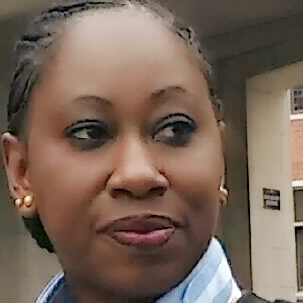Reflections from the 2019 DHS Fellows Program: Senegal

The 2020 DHS Fellows Program is currently accepting applications from Bangladesh, Indonesia, Jordan, Maldives, Pakistan, Philippines, Tajikistan, Benin, Burkina Faso, Cameroon, Guinea, Mali, Rwanda, Senegal, and Zambia. The deadline to apply is November 24th.
The DHS Fellows Program was an opportunity for us to analyze DHS data, and we are particularly fortunate to live in Senegal, which released the Senegal Continuous Survey, providing nationally representative data annually between 2012 and 2018.
Prior to the Fellows Program we used DHS reports and results without knowing the methodology, data collection, analysis, and reporting work that was behind it. The possibility of using the data for secondary analysis was also unknown to us. The DHS Fellows Program allowed us to master the DHS survey structure, sampling design, and understand how to analyze population-based survey data using Stata software. The Fellows Program was a learning process, but it was also an opportunity for culture-sharing with other participants from diverse backgrounds such as Ghana, Ethiopia, Myanmar, Indonesia, and Afghanistan. Each group has advised the others in their work so everyone can present the best possible results. The co-facilitators of the Fellows program were former DHS Fellows and this gave us an opportunity to see Fellows alumni presenting their experiences with the program.
Thanks to the Fellows Program, we are better equipped to use this data again in other future work and have shared it with our colleagues during our capacity building activities. Some colleagues are already hoping to participate in future Fellows Program or other DHS workshops. This program not only allowed us to better understand the DHS surveys, but also make in-depth statistical analyses and to use DHS data to write analysis reports.

Download the DHS Working Paper authored by the Senegalese DHS Fellows participants, Coverage and Associated Factors for HIV Screening in Senegal: Further Analysis of the 2017 Demographic and Health Survey.
We were one of the first Francophone teams to participate in the Fellows Program, which initially caused us some apprehension. The call for applications required a skilled level of English as the course is taught in English, but thanks to the availability of our facilitators, Shireen, Wenjuan, and co-facilitators, Kyaw and Gedefaw, we did very well!
We could never thank ICF and The DHS Program enough for this amazing experience. In addition, we formed a real family with teams from other countries. We strongly recommend that researchers from French-speaking countries submit their applications for the 2020 DHS Fellows Program.
Featured photo caption: Dr. Khardiata Diallo Mbaye, Prof. Cheikh Tidiane Ndour, and Dr. Ndeye Aïssatou Lakhe at the 2019 DHS Fellows Report Writing Workshop. ©ICF
Written by: Ndeye Aïssatou Lakhe, Prof. Cheikh Tidiane Ndour, and Dr. Khardiata Diallo Mbaye

Dr. Ndeye Aïssatou Lakhe is a medical doctor specializing in infectious and tropical diseases. She currently works as a lecturer in infectious diseases at the Faculty of Medicine of Dakar. She is also a practicing MD at the Clinic of Infectious Diseases at Fann Teaching Hospital, the third largest hospital in Dakar. She is the head of the Infection and Prevention Control (IPC) committee of the hospital. Her interests are in policy making, particularly in IPC and health program evaluation.

Prof. Cheikh Tidiane Ndour is a Professor of infectious and tropical diseases, working in the Department of Diseases at the Fann University Hospital and the Faculty of Medicine at the Cheikh Anta Diop University in Dakar. He has been the head of the AIDS and STI Control Division of the Ministry of Health for the last three years. His current focus is the implementation of innovative strategies to achieve the 90-90-90 strategy: identify 90% of people infected by HIV, put 90% of identified HIV-positive individuals on antiretroviral treatment, and ensure that 90% of those on ART have undetectable viral loads, in accordance with commitments to the international community.

Dr . Khardiata Diallo Mbaye specializes in Infectious and tropical diseases. She works as a teacher/researcher at the University Cheikh Anta DIOP at the Faculty of Medicine of Dakar, and as a physician at the Clinic of Infectious Diseases at Fann Teaching Hospital. She also specializes in public health.


Congratulations our outstanding Senegal Team, 2019DHS Fellows.